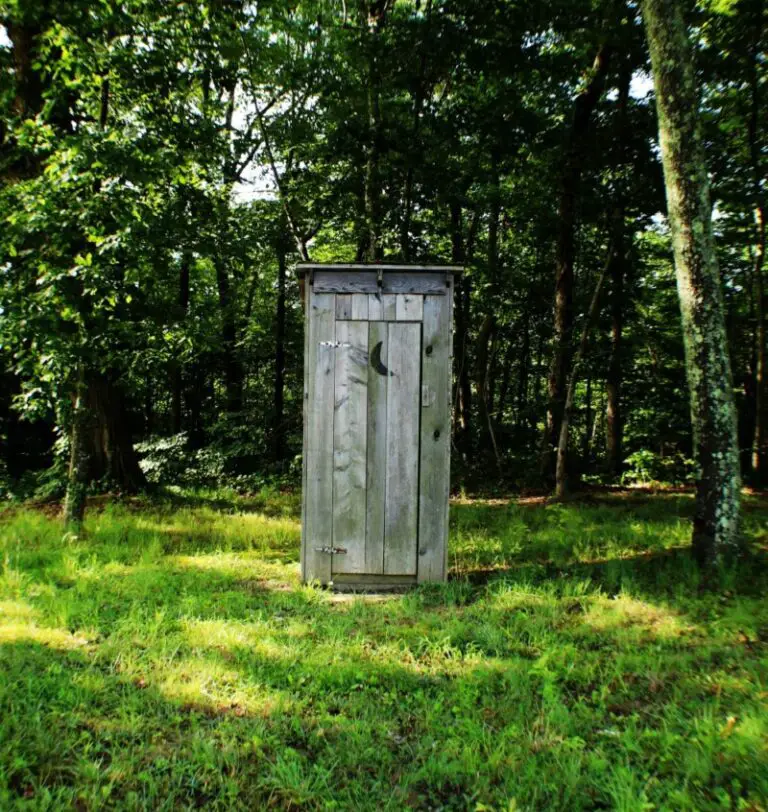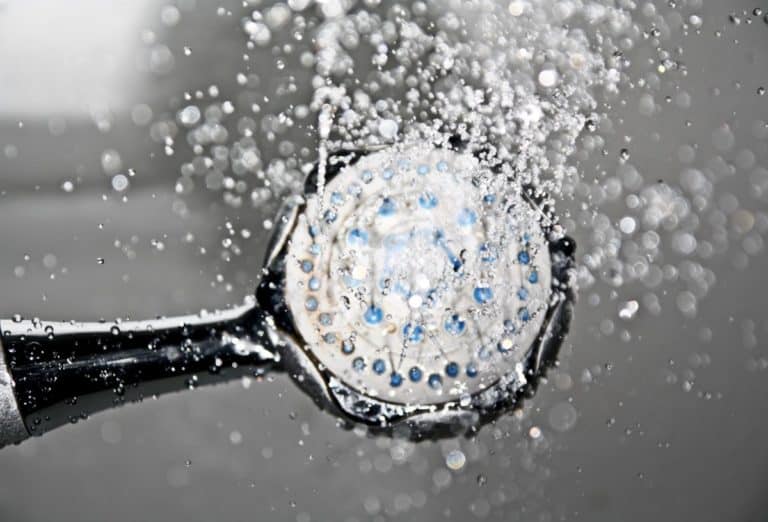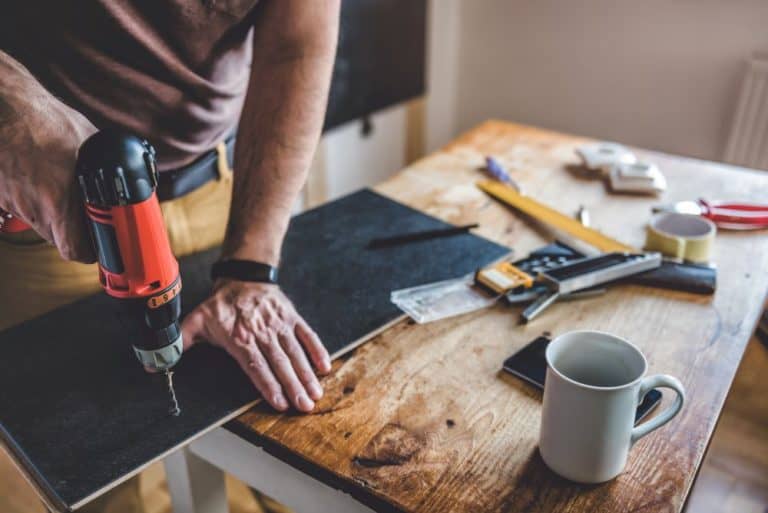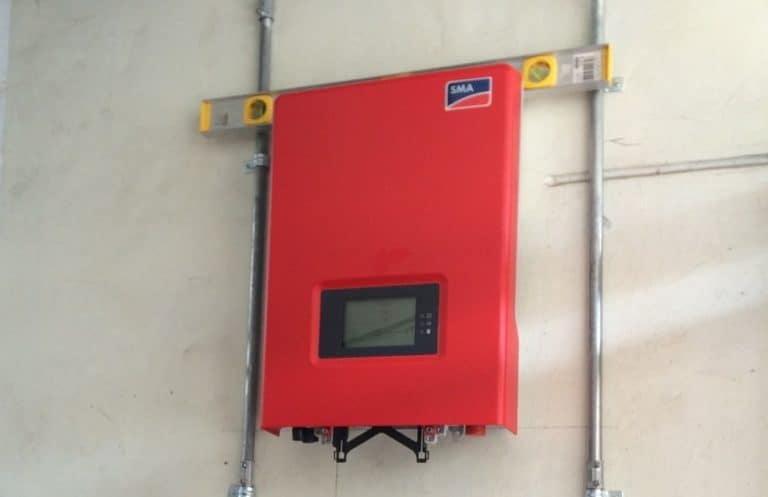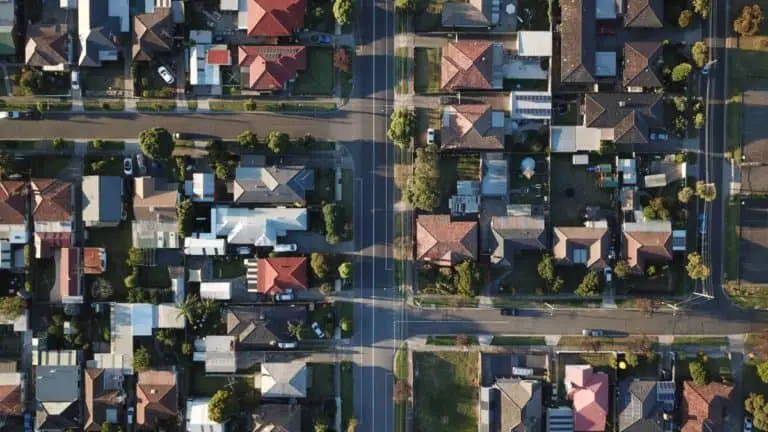Can you live off-grid in Georgia?
If you want to live off-grid, it’s vital that you know whether it’s accepted in your local area. Each state has a slightly different approach that may dictate whether you’re successful or not. The Peach State is known for its agricultural prowess, but is it suitable for off-grid living?
Georgia is a great place to live off-grid; however, there are some pitfalls to navigate. Rainwater can’t be used in potable systems, and there are building restrictions that can make things difficult. However, land prices and property tax are below average, solar panels are permitted, and there’s lots of sunshine.
Let’s take a closer look at what it’s like to live off-grid in Georgia:
Table of Contents
Does Georgia let people live off the grid?
Yes, it’s possible to live off the grid in Georgia legally; however, local restrictions mean that you may have to make some compromises. As with most states, building codes and zoning restrictions make it harder to be completely off-grid within the limits of most cities.
Rural areas are much more amenable to an off-the-grid lifestyle, and Georgia is home to several off-grid communities, including Freedom village and Earthsong. Several off-gridding families also live there in Earth ships.
In Georgia, the state adopted building codes can be enforced everywhere; however, it’s down to local government as to how they do it. This means that before you make any changes to your home or plans to build, you should familiarize yourself with the relevant regulations.
Codes control many areas of your home, including plumbing, gas, and electricity. You can still make off-grid adaptations, but you must ensure that any work is permitted correctly and up to state-required standards.
An incentive to start your off-grid dream in Georgia is that property taxes are well below the US average. Also, the cost of living is relatively low, making stocking up on essentials much cheaper. The
Can you have solar panels in Georgia?
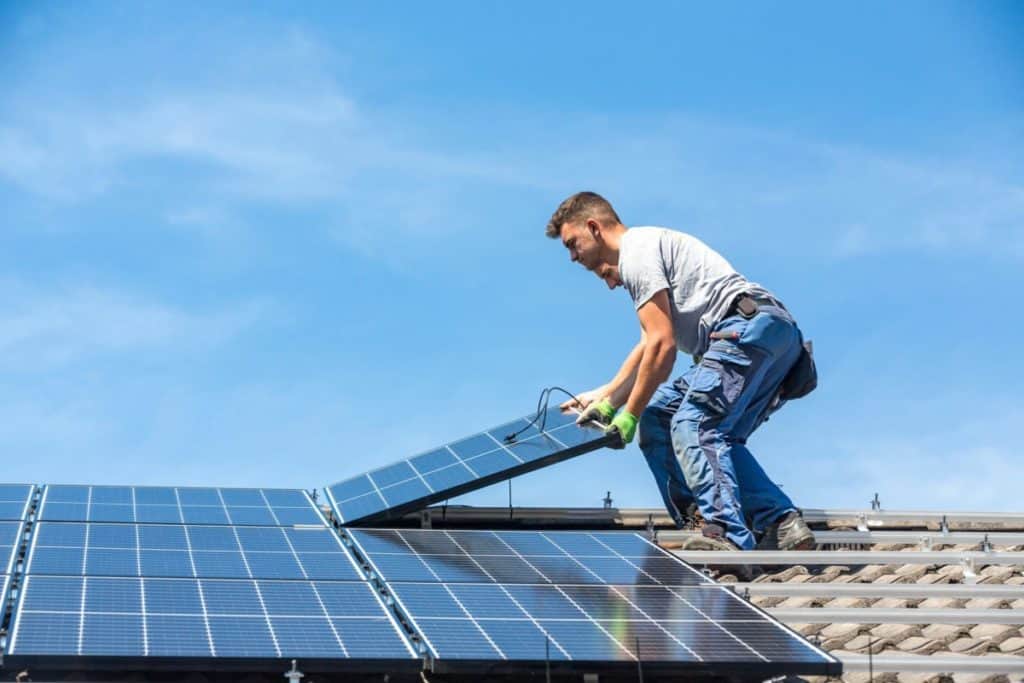
The sunshine in this southern state makes it an ideal place to go off-grid and use solar power. It’s legal to install and use off-grid panels in most areas of Georgia, but you won’t get the financial incentives that are available in many other states.
When living off-grid, you need to use a renewable energy source for your electricity. Many people find solar to be the most straightforward system to install. How much solar power you can generate depends on the size of your solar array and the local climate.
AltE’s Off-grid calculator can help you work out how much energy you may be able to generate and how many solar panels you will need. You can also read my article: How many solar panels do I need to run my home off-grid?
The amount of energy your panels produce depends on how much sunlight falls on them. This is likely to change throughout the year. For example, with a 4 KW array, you may generate 342 kWh in January, but up to 582 kWh in May.
More power is generated on sunny days than cloudy days. Georgia averages between 60-66% sunshine yearly, depending on your location. Currentresults.com shows that most areas in the state get between 104 and 113 sunny days a year, 104 to 110 partially sunny days, and a total of 214 to 219 days out of 365.
By generating power on sunny days, you may be able to store energy when cloud cover keeps your panels from generating enough energy. But you’ll still need effective backup systems like battery banks and generators to get you through the grey days.
Can you harvest rainwater in Georgia?

A critical aspect of living off-grid is to provide your own supply of potable drinking water. In Georgia, you can buy water in, collect it from community water sources or drill a well, but rainwater is restricted.
Rain is seen as a useful source of fresh water, and its collection is encouraged. However, the Georgia Rainwater Harvesting Guidelines explain that it is only permissible to be used for non-potable applications in your home and garden. This does make the situation more complicated, but collecting rainwater for these uses will reduce the total amount you need for your home.
The rainfall in Georgia varies across the state but reaches an annual average of 48 inches. By collecting and storing as much as you can for all non-potable systems, you’ll need less from other sources. You could consider remaining attached to your local water utility and using city water for potable systems and rainwater for everything else. Or you could find another way to supply your own potable water.
Related reading: How to get an off-grid water supply without a well.
Can you supply your home with well water?
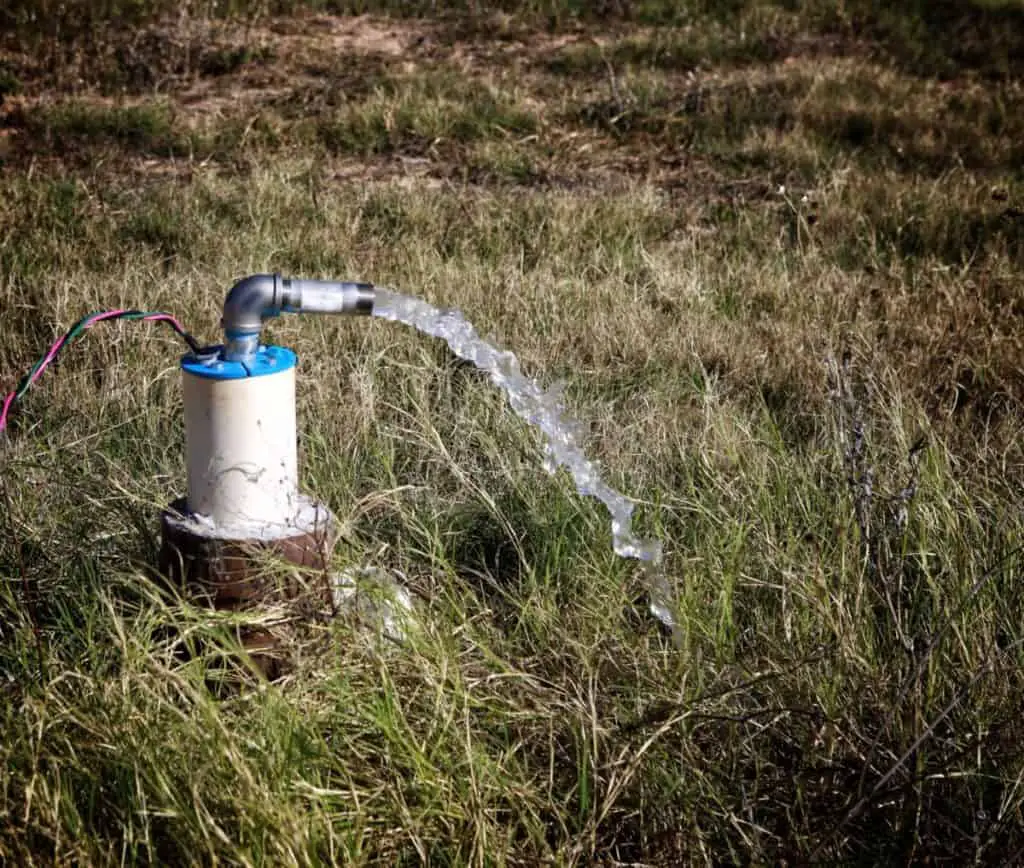
Wells offer a useful alternative to rainwater collection, and they’re common in rural areas of Georgia. In fact, the Georgia Health News reported that the state Department of Public Health estimates that 1 in 5 Georgians get their drinking water from a private well.
These wells are usually permitted, but they must comply with the Georgia Water Well Standards Act 1985. This states that licensed contractors must dig wells, and the county sanitarian must issue a permit for each new well. While these rules are inconvenient, they exist to keep Georgians safe and ensure that no one uses contaminated unsafe water.
In the past, there have been significant concerns about the number of contaminated private wells that go untested. Consequently, you must have any water supply tested and install an adequate purification system before using it in your home.
Related reading: 8 ways to purify water for your off-grid home, Why do you need to purify water?
Which stand-alone waste systems are acceptable?
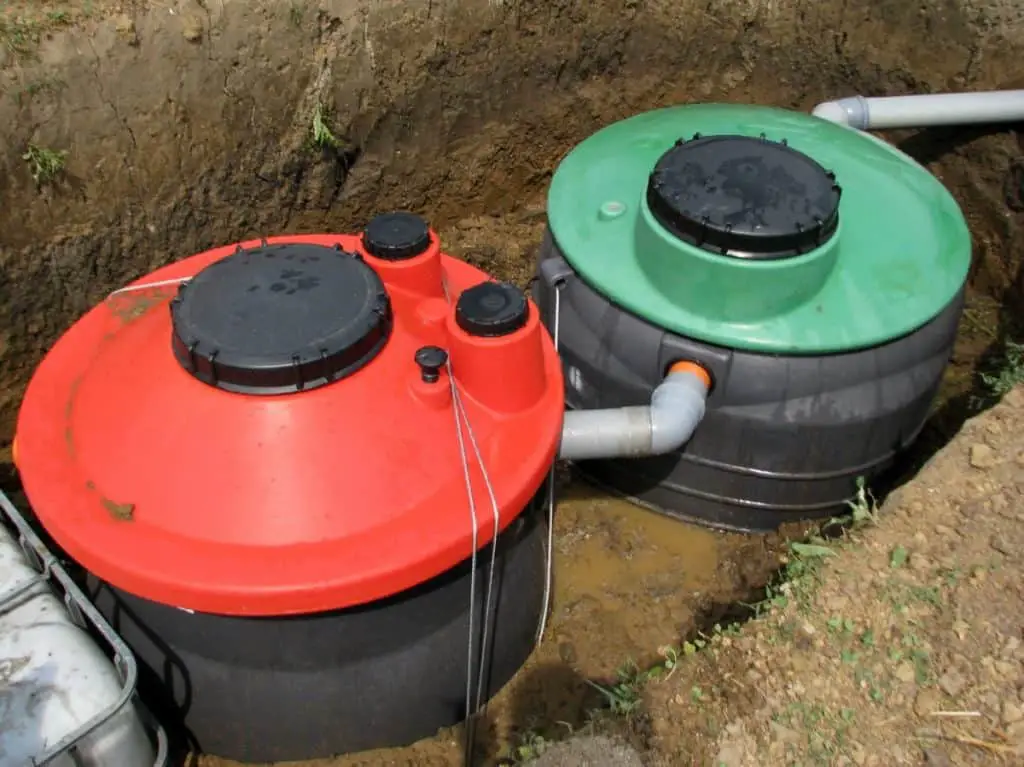
If you don’t want to be reliant on the state sewerage network, it is possible to install your own on-site sewage system, but only if your property is more than 200 feet away from a public or community treatment system. If your home is remote enough to qualify, you must apply for a construction permit from the County Health Department before beginning any building or installation.
The permit won’t be issued until a site inspection has been completed by the Board of Health to ensure that the lot is suitable for your potential plans. Once the system is in place, it must not be backfilled until the final inspection. Septic systems are the standard option in these cases, and there are strict rules as to the size and flow rate of the version you go for. This makes it unlikely that you would be able to use a DIY system or other self-installed alternatives.
While this is likely to take more time and money initially, these standards will ensure that your system is more likely to continue to work effectively for longer and save you money in terms of maintenance or replacement. To read more about these regulations, visit the Rules for On-site Sewage Management System.
Related reading: The complete guide to off-grid wastewater management.
Can you recycle gray water in Georgia?
Gray water is wastewater produced in the home that doesn’t contain human waste. It most often comes from sinks, washing machines or dishwashers. It’s likely to contain only mild contaminants like detergents and food waste.
Some people living off-grid have successfully reduced their overall water consumption by recycling gray water and using it to flush toilets or irrigate their gardens. Depending on how it’s been used, it can either be redirected to a second function straightaway or undergo filtration and treatment first.
The state of Georgia encourages the use of gray water but only in officially approved systems. In the document that outlines their approach (read it here), they use the term ‘gray water’ to refer to all home wastewater, including from lavatories. They say that this water, when properly treated, can be used to flush toilets and urinals or for subsurface irrigation.
To install an approved gray water recycling system, you must take steps to control what contaminants may enter it. For example, you could switch to natural detergents and stop using strong chemicals. It’s also necessary to prevent your greywater from cross-contaminating your potable water systems.
What gray water system you use and how you filter and clean the water depends on what its been previously used for and where you’ll use it next. You shouldn’t allow any of these contaminants to enter your gray water system:
- Drain cleaner
- Photography development chemicals
- Paintbrush cleaning solvents
- Any water that may have come into contact with illness or disease
Is the climate appropriate for growing food in Georgia?
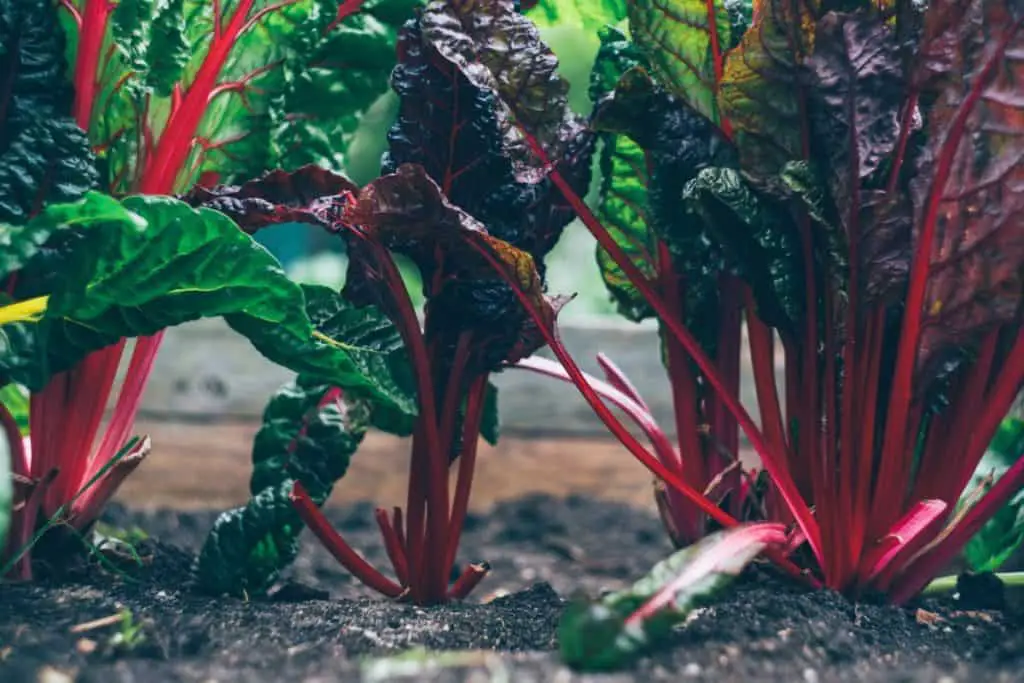
Georgia benefits from a long growing season with warm summers, cool fall temperatures and plenty of rain. Numerous crops grow well in this climate, although some attention is required to prevent the development of plant diseases that thrive in humid times of the year. During the summer, irrigation may be necessary, and polytunnels and shelter will help to extend the fall season and protect your crop.
Georgia has a proud agricultural heritage, but there are very few financial incentives or tax breaks for those wanting to start growing food on their off-grid property. The University of Georgia’s Vegetable Garden calendar shows that there are enough crops suited to the Georgian climate that, with careful planning, you can be planting and harvesting something all year round. However, the two major seasons are considered to be between March and May and June and September. There is a full planting chart available here.
Related reading: How much land do you need to be self-sufficient?
What are the restrictions on keeping livestock?
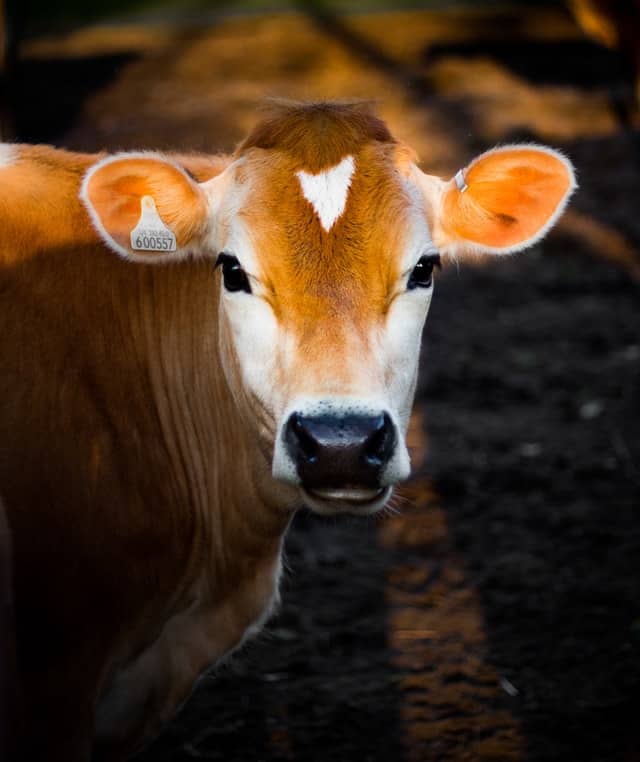
Keeping livestock is the largest sector of agriculture in Georgia, so it’s well regulated. The main rules are:
- An official certificate of veterinary inspection must accompany all animals brought into the state.
- Livestock must not be allowed to roam off the property on the owner onto public roads or other property.
- Animals transported from areas of known illness or worm infestation are restricted and can only be moved with permits direct to slaughter.
- Pigs fed on garbage are not permitted to enter Georgia under any circumstances.
Local governments adopt other rules and restrictions within the limits of major cities. Throughout Georgia, Field Force investigators enforce livestock-related health requirements. Generally, if you follow local guidance and keep your animals safely and humanely, you’re unlikely to face any legal difficulties.
Related reading: How to keep chickens?
Can you sell homegrown produce?
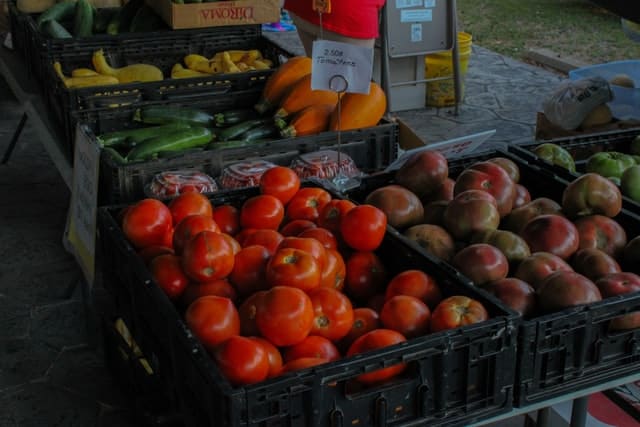
Farmer’s markets and small-scale food businesses thrive in Georgia. There are several restrictions in place, but on the whole, they actually support and protect farmers and traders, making it easier to bring items to market. The Georgia Department of Agriculture has produced a handy document called the Farmer’s Market Toolkit, which outlines many of the essential dos and don’ts.
Fresh produce that has not been frozen or sliced can be sold without the need for any license. Licenses are available if you want to set up your own food establishment or even use your own kitchen to produce small-scale, safe food items. You could also obtain a cottage food license which will ensure that you follow the Cottage Food Regulations and have undertaken the relevant training.
The costs involved with these permits and accreditations are relatively small and make it easy to get started selling your produce. However, because agriculture is so well established, there is lots of competition, and it can be hard to find your niche or establish a customer base. As a result, it’s best to focus on an unusual or unique product or presentation.
Try to find your niche first, before growing and producing items, so you minimize any waste from poor initial sales. If you’re successful, selling your own produce is an excellent way to bring in some extra income as you get settled into the off-grid lifestyle. Farmer’s markets are also a great way to meet like-minded people and learn about the local area.
Conclusion
Much of Georgia is rife with restrictions and regulations that, at first glance, make it look unsuitable for an off-grid home. However, if you have the money and patience to navigate the necessary legal requirements, the result is likely to be a safe and efficient home.
As with many states, going completely off-grid is much more achievable if you move to more remote, rural areas. In urban and suburban communities, you will likely need to make some compromises and only go partially off-grid.
However, once you’re settled, Georgia has lots to offer, from well-priced land and below-average tax rates to long growing seasons and an active agricultural community.
Check out my recommendations for equipment that will help you take your home off-grid.
My Off-Grid Product Recommendations
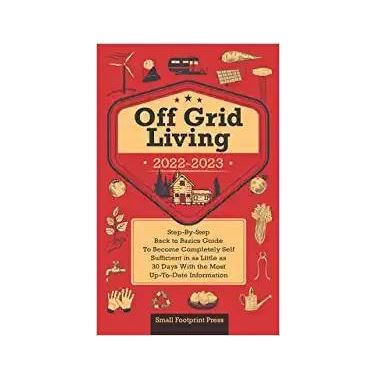
Useful Book: Off Grid Living 2022-2021 – This incredible step by step guide is a great read and gives you useful information about reaching self-sufficiency in just 30 days. Get the paperback on Amazon or read it free with a Kindle Unlimited subscription or listen to the audio version with Audible Plus membership.
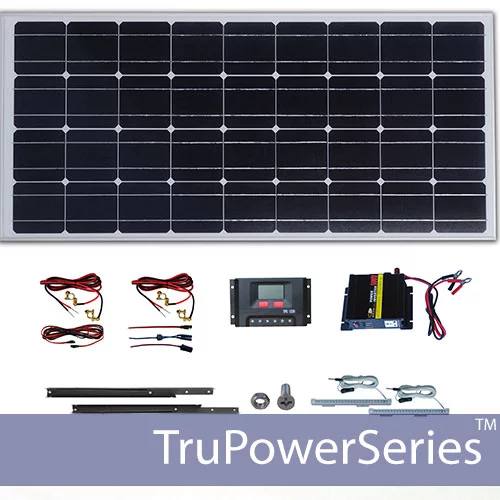
Small Solar Panel Systems: Silicon Solar – This is an excellent company that offers lots of products to get you started on your solar journey. Visit Silicon Solar.
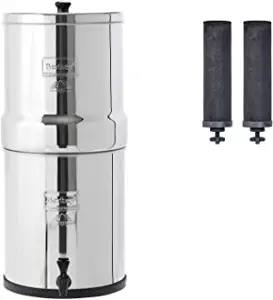
Family Water Filter: Big Berkey – For a fast, affordable water filter with no plumbing required, you can’t beat a Big Berkey gravity-fed filter like this one from Amazon.
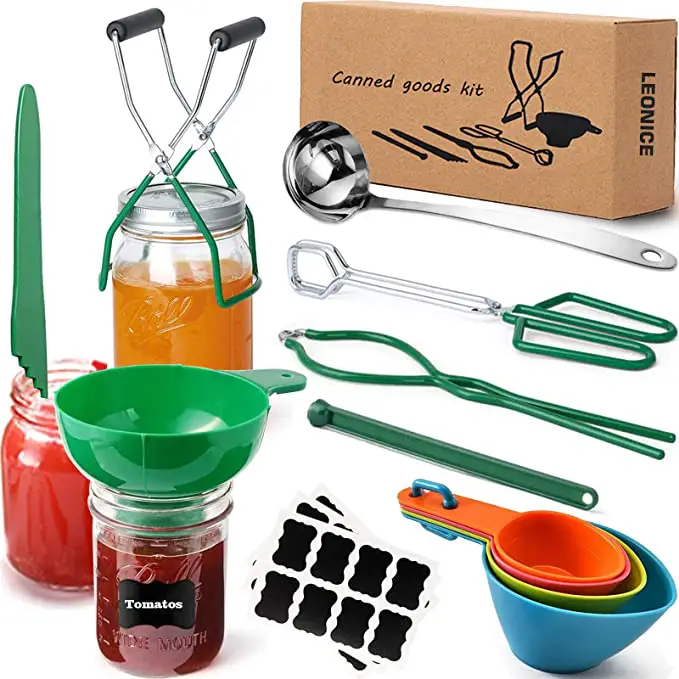
Canning Equipment – This canning starter kit, 22-quart Barton pressure canner and twelve-pack of Ball 16oz mason jars will help you preserve food as you work towards self-sufficiency.
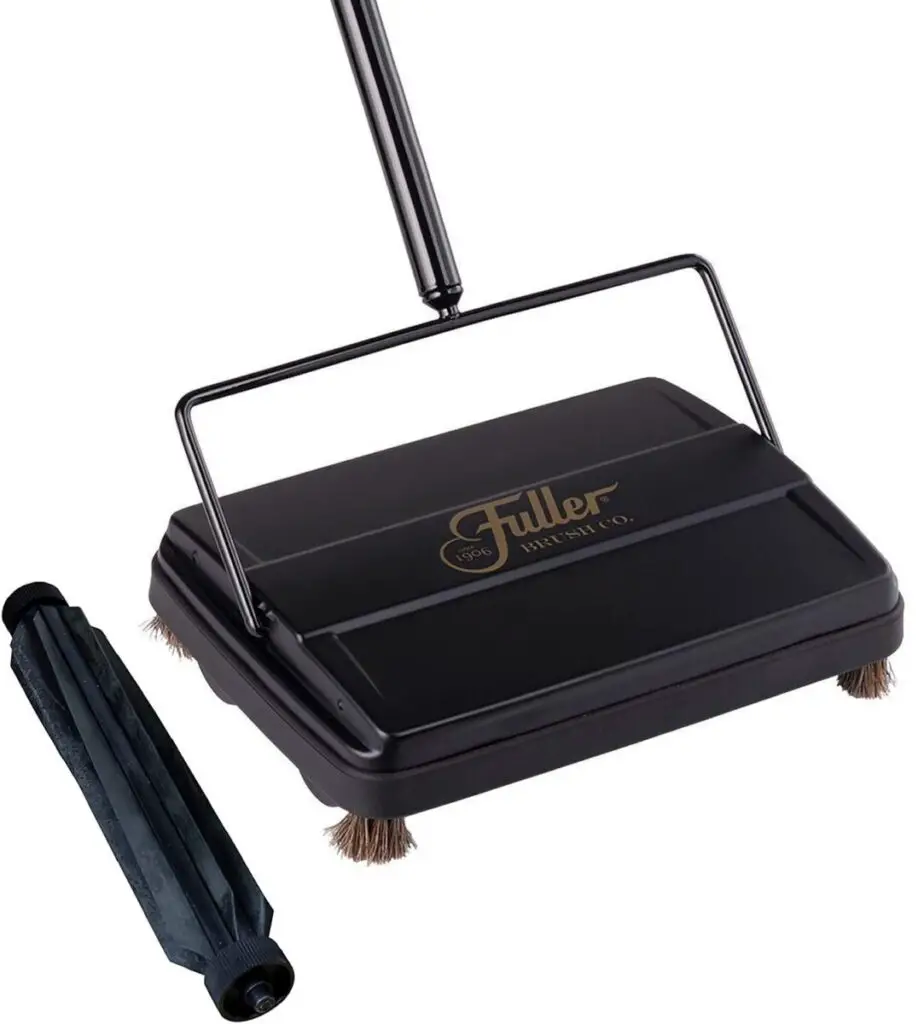
Cleaning: Fuller Carpet Sweeper –. This carpet sweeper is an ideal way to keep your home clean without using up your energy stores on vacuuming.

Handy Knife: Gerber Serrated Paraframe – This handy all-purpose knife is lightweight and ideal for all those little jobs around your home and garden.


